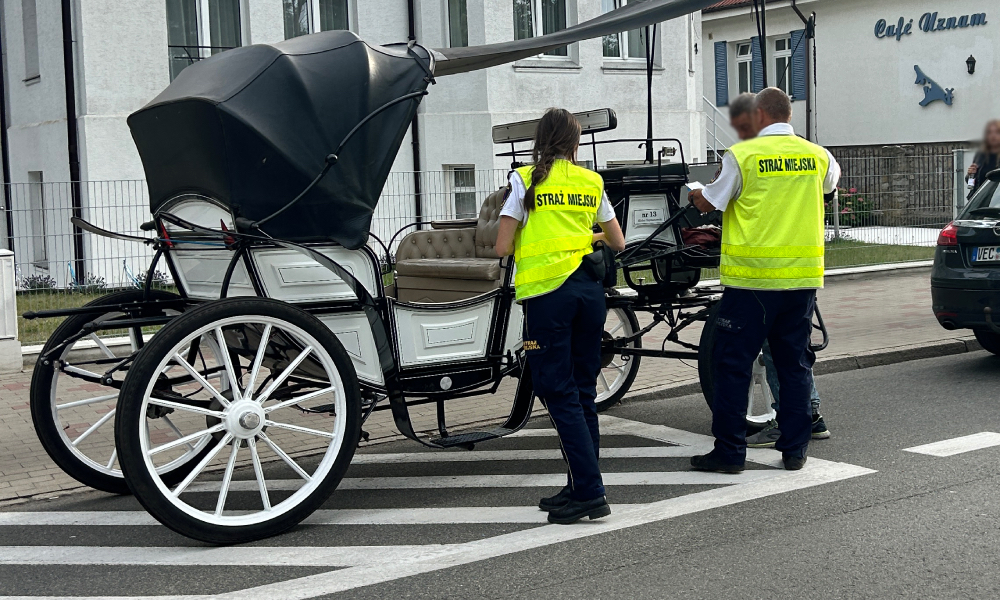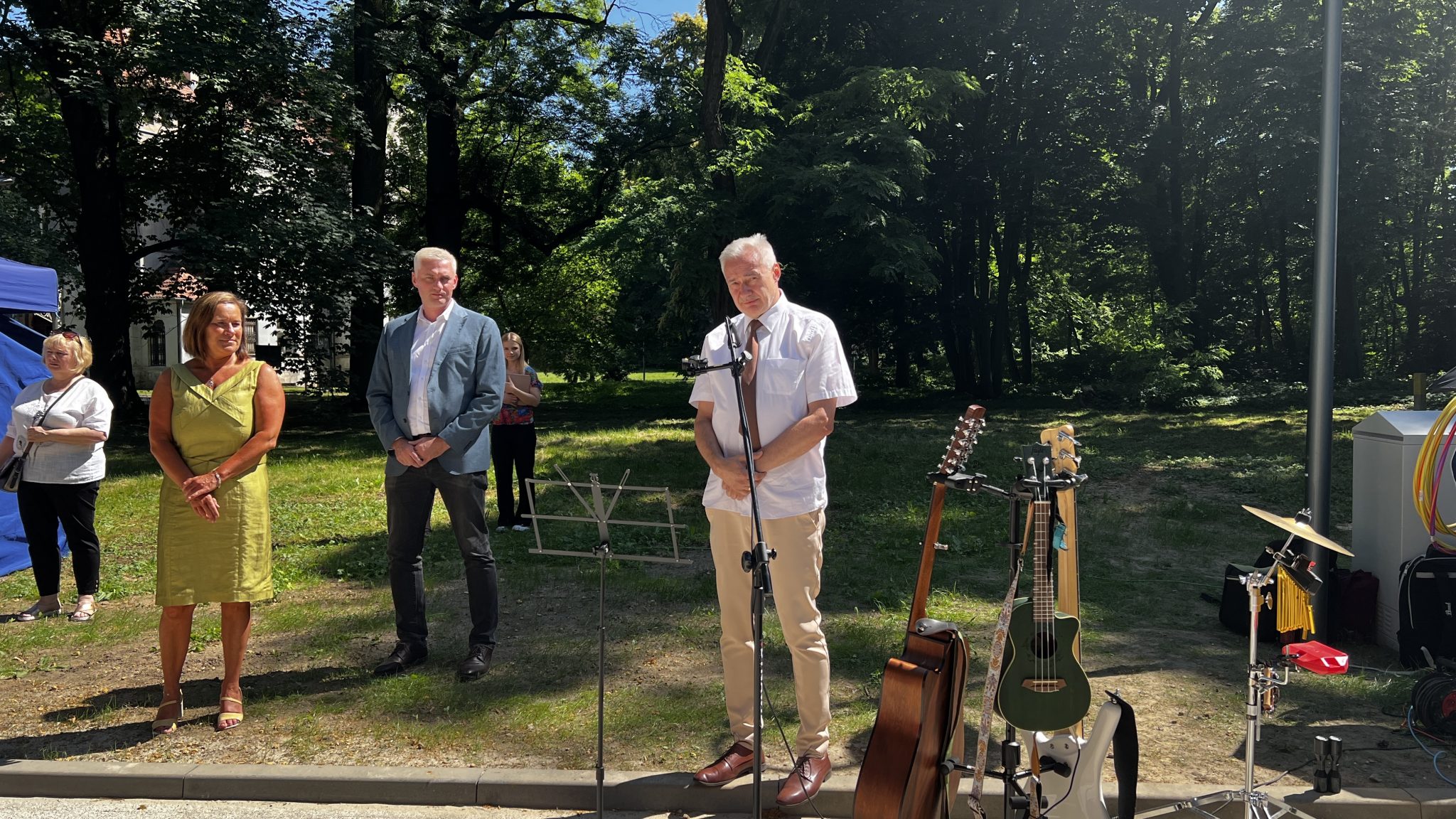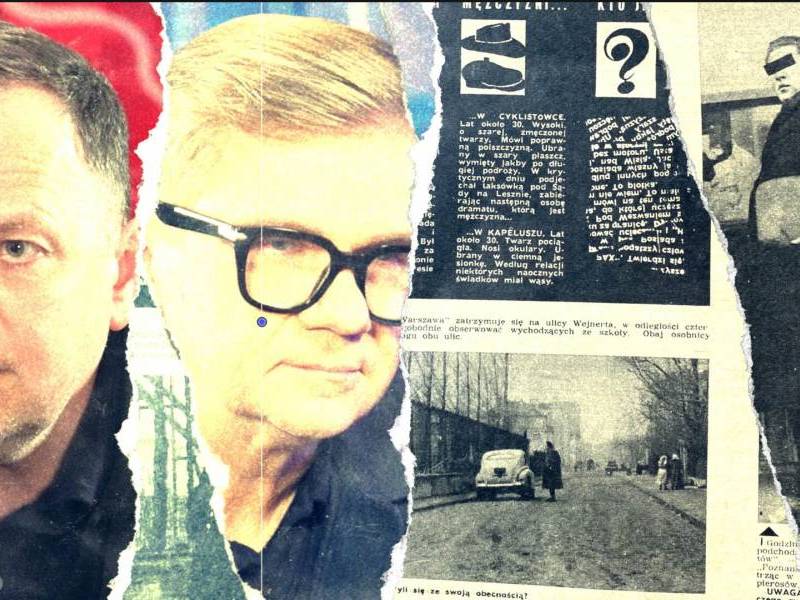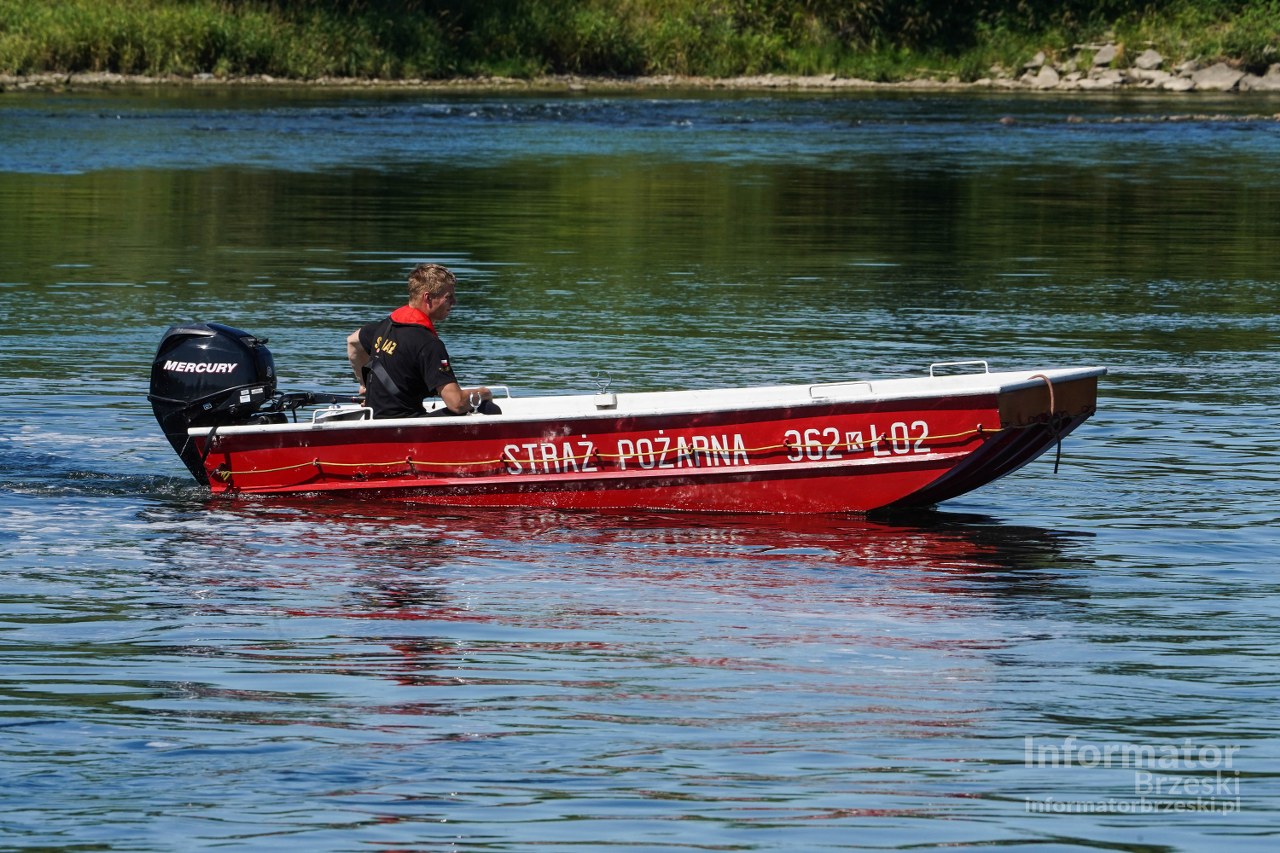- For 14 December 2024, presidential elections are scheduled in Georgia due to the end of the 6-year word of the current president Salome Zurabishvili. Following the changes to the Constitution of 2017, the election of the head of state is no longer carried out in a general vote, only on the basis of the decision of the 300-person Elector College, consisting of representatives of parliament, autonomous republics of Abkhazia and Adjaria and local government.
- The only formally reported candidate is Micheil Kawelashvili, 1 of the co-founders of the right-populist and anti-Western People's Power party, consisting mainly of breakers from the Georgian Dream party, ruling Georgia since 2012. In the past Kawelashvili was a footballer, among others, of Dinamo Tbilisi, and besides played in many Swiss clubs and representations of Georgia. At present, its group is considered satellite to Georgian Dream. Since Georgian Dreams control most of the electors at the College, the election of Kaweszwili as president seems to be a formality, even despite the boycott of parliament by opposition. The placement of this policy in the presidential palace is seen as the closure of Georgian Dream's authoritarian power system, behind which stands Bidzin Ivanishvili, erstwhile Prime Minister and oligarch closely associated with Russia.
- A key background for the planned presidential election is the deep political crisis and riots in the streets of Georgian cities, which have continued, in its final installment, since the parliamentary elections of 26 October 2024, which neither president Zurabishvili nor opposition groups recognized, pointing to the many manipulations and falsifications of the ruling Georgian Dream. An additional trigger for the “policy grown on the streets” of the Georgian capital was the November announcement by Prime Minister Kobachiga's government to suspend efforts for EU membership by 2028.
- In 2018. Zurabiszvili won the presidential race formally as an independent candidate, but moving with the support of Georgian Dream. Since Russia's full-scale invasion of Ukraine, however, the president has increasingly distanced herself from the ruling group due to their favorable position towards Moscow. The conflict between the presidential palace and the government developed with the President's opposition to the successive Georgian Dream laws weakening the foundations of Georgian democracy. 1 of the culminations of these tensions was the effort to remove Zurabishvili from office as part of the impeachment procedure due to her “unauthorised abroad visits to search EU membership for Georgia”.
- Presidential elections can lead to a hard to foretell forceful confrontation and an even greater escalation between the increasingly violent Georgian Dream power apparatus and supporters of the pro-EU course of Georgia. Formally, the recently elected president is expected to take office on December 29, but the current president Zurabishvili announced that she would not step down from her post until the re-election was re-elected. In view of the clear support of the opposition's demands, which are clearly fragmented and interrelated, Zurabiszvili became de facto the leader of the pro-European opposition movement against the actions of the Georgian government of Dream.
About the President's Office in Georgia
According to the first post-Soviet constitution[1] of 1995. Georgia was a semi-presidential republic for the first 2 decades of its independence, in which the main political actors became successively 2 strong presidents: Eduard Szewardnadze (1995-2003), besides remembered as the last abroad Minister of the USSR, and Micheil Saakashvili (2004-2013), 1 of the leaders of the alleged 2003 Rose Revolution, which led to the bloodless overthrow of his predecessor. After reaching the power of Georgian Dream in 2012, the country temporarily functioned in co-habitation conditions between president Saakashvili and Prime Minister Bidzina Ivanishvili. After Giorgi Margwelashvil of Georgia's Dream took over the presidency in 2013, the function of president began to decline until yet after the 2017 Constitution changes. Georgia has become a full parliamentary republic, in which the president performs mostly ceremonial functions. In 2018, Salome Zurabishvili became the last - so far - head of state elected in direct elections, winning 60-40% with Grigol Yourga, erstwhile head of Georgian diplomacy from the Saakashvili period.
Under the regulation modified by the Georgian Constitution, the president will be elected on 14 December 2024 for the first time in an indirect vote by the 300-member Elector College, which consists of (all) 150 MEPs and 150 representatives of local governments and autonomous republics of Abkhazia and Adjara. In the first circular of voting the required majority is 200 electors, in the absence of specified a consequence the second circular wins the candidate with more votes than its competitor.
“The Revolution of Fireworks” under Parliament
On 26 October 2024, parliamentary elections were held, which won Georgian Dreams with a – authoritative – consequence of 54% (giving 89 seats in a single-room, 150-member parliament). Pre-election polls gave the ruling organization much less, i.e. 33-37%, and the post-election exit poll spoke about about 42%. Therefore, the 4 main opposition parties ( Coalition for Change, Unity – National Movement, Strong Georgia, For Georgia) and president Salome Zurabishvili accused the ruling of falsifying elections and They refused. designation of their results. The European Union and the United States besides raised reservations to the elections, citing report the ODIHR OBW reflection mission, which describes cases of buying votes and exerting force on voters. Opposition MPs announced a boycott of the recently elected parliament and the European Parliament passed a resolution calling for sanctions to be imposed on the Georgian authorities and re-scheduling elections. In parallel, mass anti-government protests were held in front of the parliament on Rustatel Avenue in Tbilisi, to which She called president Zurabishvili, pointing out the request to settle electoral forgeries and defend the pro-Western course of Georgia. Despite the boycott of opposition and the refusal to conven a recently elected parliament by president Zurabishvili (which is simply a constitutional request for the effective inauguration of the fresh term), 88 Georgian MPs Dream It's come together. On 25 November at the first assembly session, and 3 days later, Prime Minister Kobachiga's second cabinet was approved.
To re-escalate protests and clashes with police has contributed announcement Prime Minister of Iraq Kobachiga on the suspension of Georgia's efforts to join the European Union[2] by the end of 2028. At the same time, the head of government added that Georgia will be best prepared from all candidate countries in 4 years to join the EU in 2030. Government message dichotomy is associated with inactive very advanced support Georgians (approximately 80%) for the pursuit of EU membership. In consequence to this decision, anti-government demonstrations besides spread to another cities (Batumi, Kutaisi) and smaller centres (Mestia, Zugdidi). The last wave of demonstrations and violent clashes with the police became a symbol of fireworks, which protestors shelling Ordering forces and parliament building. In consequence to rising protests, police increasingly began to scope for teardrop gas and water cannons, detained There were besides 2 crucial pro-Western opposition politicians: Zurab Japaridze and Nik Gwaramia. Seeing the increasing scale of protests in the streets of Georgian cities, Prime Minister Kobachiga attempted to soften his first announcement, declaringthat Georgia inactive has plans to implement by 2028 90% of the obligations enshrined in the association agreement with the EU, but this communication did not importantly translate into a calming situation under the Georgian Parliament and on the surrounding streets.
Referring to the written in Article 78 Georgian Constitution commitment of public authorities to action to integrate the country with the EU and NATO, president Zurabishvili called suspension of accession negotiations by “constitutional coup” and announced that won't stop of office after the expiry of her word of office, specifying the only legally elected branch of power.
At the same time, a camp of power announcedThat his presidential candidate for the election scheduled for December 14 would be Micheil Kawelashvili. Since Georgian Dreams have a majority in the Elector College, Kavelashvili's choice seems to be a formality.
About the protagonists of events accompanying the presidential election
If neither organization withdraws from its positions, Georgia may, after the next weekend, become a country where 2 people consider themselves the head of state:
- Micheil Kavelashvili – one of the founders of the right-populist and anti-Western People's Power Party, formed by the breakers of the ruling Georgian Dream. Currently, his group is considered to be the extremist wing of the ruling camp. In the past Kavelashvili was a footballer of Dinamo Tbilisi and many Swiss clubs (Zürich, Luzern, Sion, Aarau), besides played nearly 50 meetings in the national team. The participation of the erstwhile footballer in the alleged large politics is not different in Georgia – since 2017, the mayor of Tbilisi for Georgian Dream is Kacha Kalaga, 1 of the most titled Georgian footballers. Kavelashvili uncommon in these elections as a patriotic and sovereign candidate who – unlike the current president Zurabishvili – “will not usage abroad powers”. Accuses In addition, opposition to conspiracy with American congressmen to “Ukrainianize” Georgia and announces that restore the President's office his appropriate character, described in the Constitution.
- Salome Zurabishvili – Georgian-French diplomat, who was elected as the last head of state in the 2018 general election. She then formally competed as an independent candidate, supported by the ruling country since 2012 Georgian Dreams. She was born in 1952 in France to a household of Georgian political refugees, for most of her professional career she worked in French diplomacy, including as French ambassador to Tbilisi. 2 months before the 2018 presidential election. She gave up. yet French citizenship. She became a Georgian citizen in 2004, at the time of her appointment as head of Georgian diplomacy by president Micheil Saakashvili. She led it for a year and a half, after which, as a consequence of disputes with United National Movement deputies, Saakashvili's group, she founded her own liberal organization The Way of Georgia, which yet did not play a major function in Georgian politics. After being elected head of state in 2018. Zurabiszvili gradually drifted distant from Georgian Dream, mainly due to the increasingly visible pro-Russian government course, especially after Russia's full-scale invasion of Ukraine began. Faced with the escalation of organization conflict, the government even reduced They have been able to make any abroad trips (to places specified as Poland, Ukraine, France and Germany). In a increasing interior crisis, further deepened by electoral irregularities and the announcement of suspension of accession efforts, Zurabiszvili grew up to be a de facto leader of the Georgian opposition and, more broadly, a pro-European opposition against the sympathetic Russian Georgian Dream, especially against the background of fragmented and conflicted opposition groups.
What after the vote at the Electoral College
Kavelashvili's election as president seems to be a formality, as Georgian Dreams have a majority in the Elector College. They appear votesthat after the election of Kawelashwili as president, the government camp may even proceed to the introduction of a state of emergency and a curfew to make the transfer of power in the presidential palace more efficient in the face of the expected escalation of protests between the vote (14 December) and the inauguration of the fresh head of state (29 December). Even if this script seems to be exaggerated, Georgian Dream's authority will surely not pay attention to reservations about the legality of its appointment (e.g. after Zurabiszvili refused to inaugurate the parliament) and will stay determined to suppress street opposition and lead to a change of tenant in the presidential palace utilizing its safety apparatus. The presidency of the anti-Western Kavelashvili will be the next step on the way to the closure of the authoritarian strategy of government created by Bidzin Ivanishvili, now the honorary president of Georgian Dream, and a clear signal to the European capitals that Georgia is turning even more towards Moscow.
President Zurabishvili, along with opposition politicians and pro-European demonstrators behind her, can only look at her chance that street protests will scope the size that the safety apparatus will no longer be able to cope with, forcing Georgian Dreams, possibly even to implement the main postulate of protesters, which is to re-determine parliamentary elections.
There are besides any signs of erosion in Georgian Dream's power apparatus: after the announcement of the decision to suspend the Euro-Inclusion process, many high-ranking government officials (including 1 of the deputy ministers and Georgian ambassadors in the US, the Netherlands and the Czech Republic) have given way to a large protest on the streets of Tbilisi against the anti-EU government.
[1] In 1992, the Georgian parliament adopted a law on state power, considered to be a alleged tiny constitution, which was replaced 3 years later by a fresh basic law.
[2] Georgia formally obtained candidate position on 14 December 2023. However, in October of that year the accession process of this country was de facto suspended “in relation to actions undertaken by the government since the spring of 2024”.














![Nielisz: Power Sobótka. największą popularnością cieszyły się koncerty [ZDJĘCIA]](https://static2.kronikatygodnia.pl/data/articles/xga-4x3-nielisz-power-sobotka-najwieksza-popularnoscia-cieszyly-sie-koncerty-zdjecia-1751631617.jpg)


